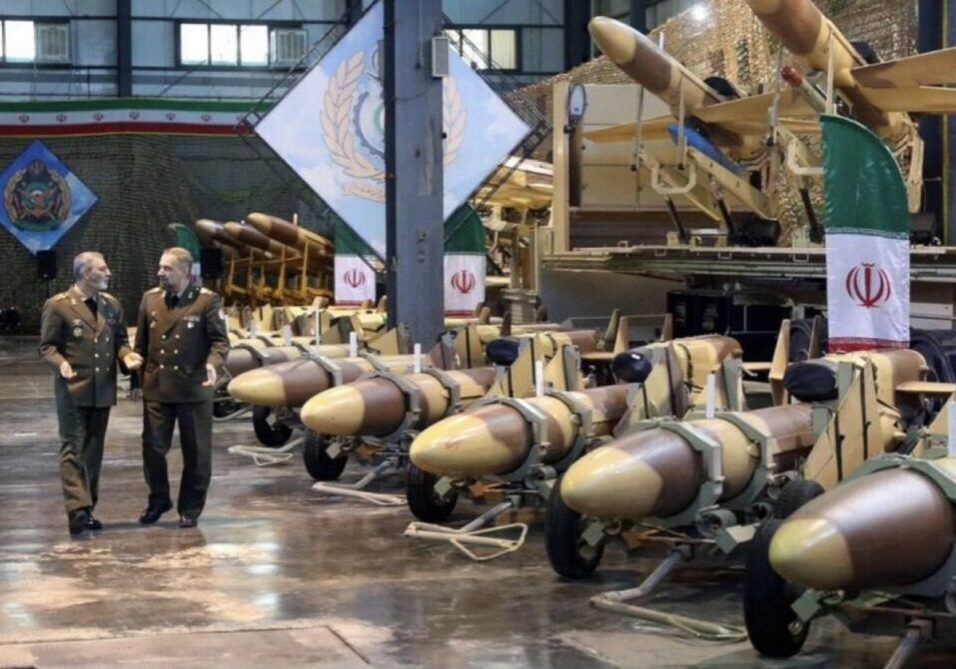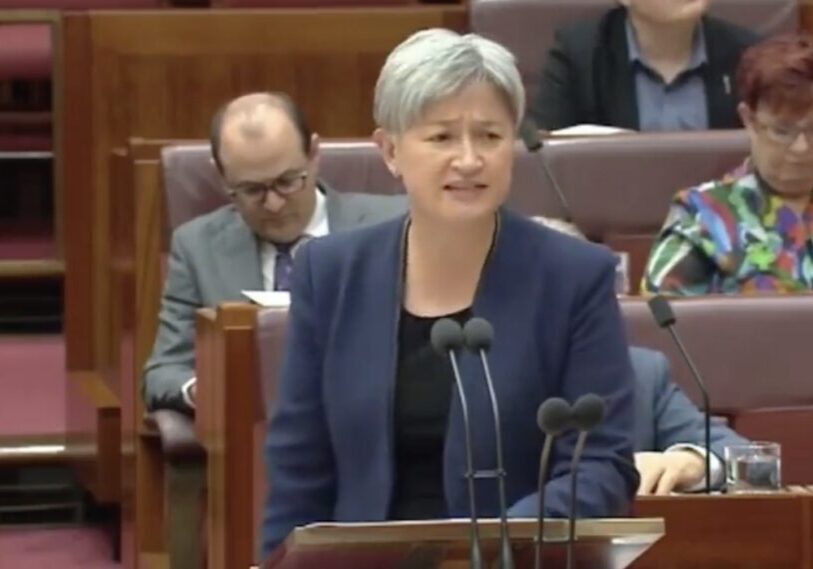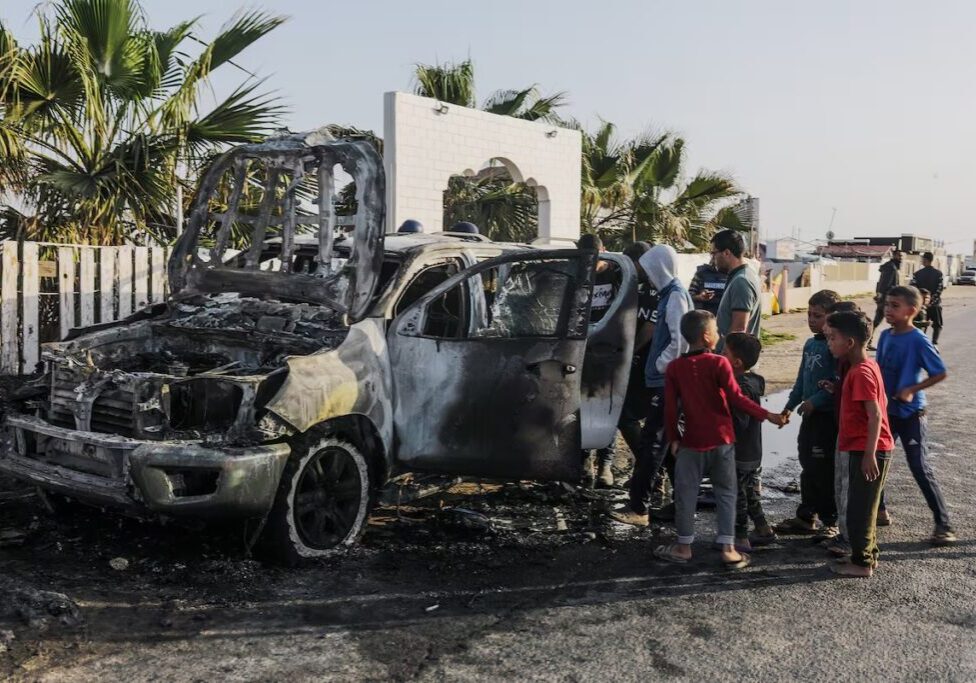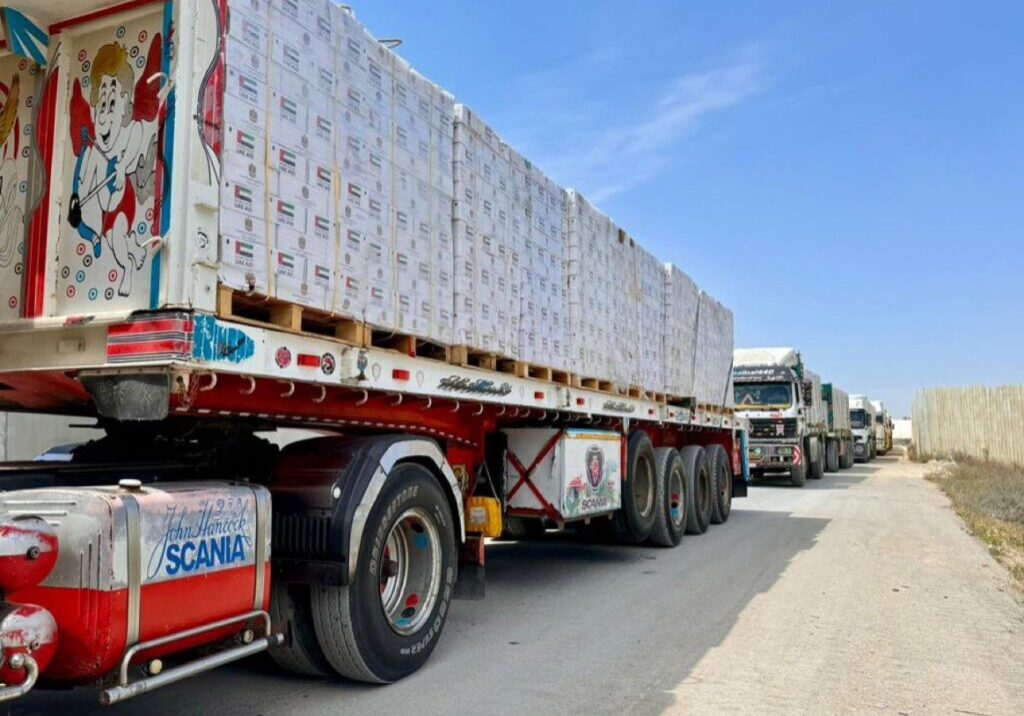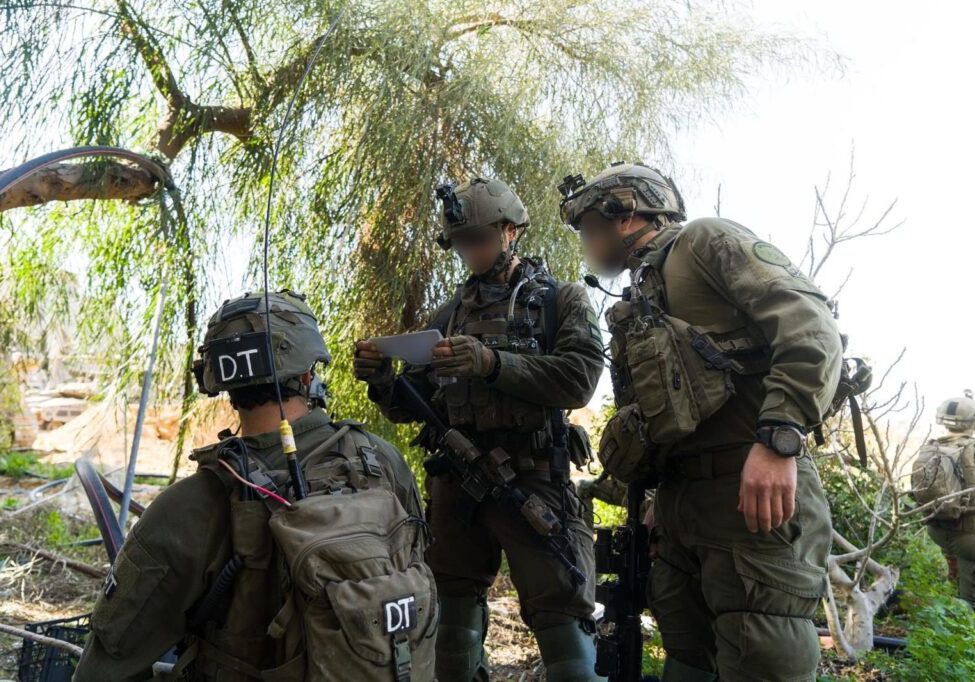Australia/Israel Review
Trump, the Iran deal and Korea
May 8, 2017 | Jonathan Tobin
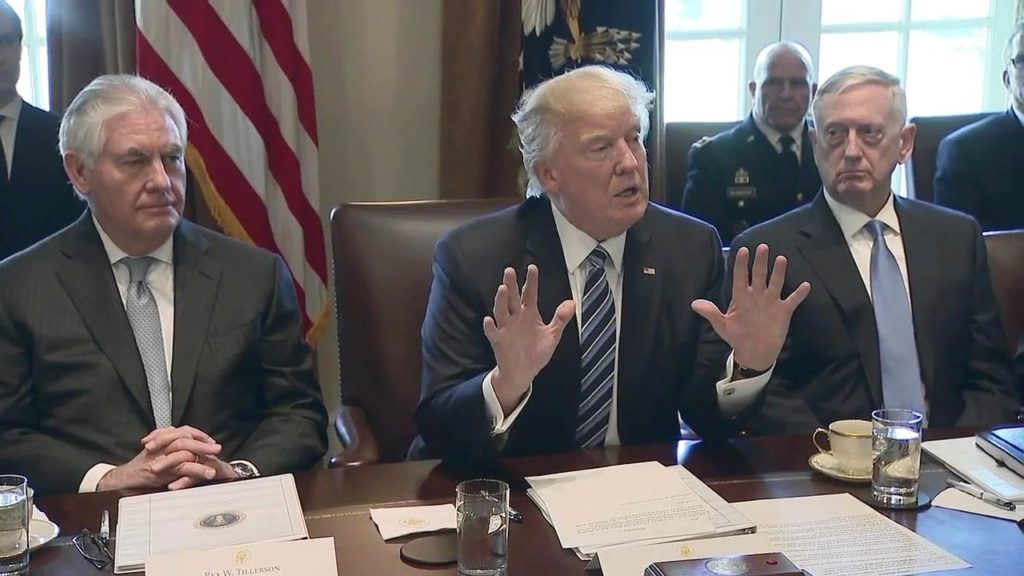
Jonathan S. Tobin
When the Trump Administration acknowledged in mid-April that Iran is currently in compliance with the nuclear deal concluded by its predecessor, the response from its critics was predictable. Obama Administration veterans smirked and liberals guffawed at what they saw as yet another Trump flip-flop. The government led by the man who had damned the nuclear agreement as the worst negotiation in history was, they said, accepting that Obama’s gamble had worked.
Trump has done some 180-degree reversals on policy, but this isn’t one of them. Those who focus on Iranian compliance are missing the big picture about both the consequences of the nuclear deal and the chances for reversing the colossal mistake Obama made with Iran. As Trump and his foreign-policy team are realising, the issue isn’t so much whether the letter of a deal that will expire within a decade is observed as it is what role Iran is playing in the region while its economy recovers and its nuclear program remains a long-term problem. The threatening talk from Washington isn’t a flimsy cover for a flip-flop. It’s a recognition that the Iranian threat was actually exacerbated by Obama’s gambit.
The argument from liberals about Trump’s stand on Iran rests on the assumption that if Teheran isn’t cheating, that proves it could be trusted to refrain from building nuclear weapons. If so, that justifies the decision to lift international sanctions and begin the process of reintegrating the Islamic republic into the global economy. Such a conclusion would give the lie to Republican campaign rhetoric. It would also mean subsequent statements from Secretary of State Rex Tillerson denouncing Iranian actions and Trump’s claim at a press conference with the visiting Italian Prime Minister that Iran wasn’t complying with the “spirit” of the deal was just more empty talk that proved Republicans were wrong about the deal and prepared to tamely let Obama’s signature foreign-policy achievement stand.
It’s not surprising that Iran is complying with the deal. Contrary to President Obama’s promises, the pact let Iran keep its nuclear infrastructure – including its most advanced equipment – and allowed it to keep enriching uranium. As even Obama was forced to acknowledge, Iran could still break out to create a weapon. If it doesn’t choose to do so now, it’s because it has already received the benefits from the pact – including renewed trade with Europe and a vast amount of cash in the frozen assets it has already been given – and can simply wait until it expires and then have the freedom to get a bomb while claiming, with justice, that the West has implicitly sanctioned that outcome. All Obama accomplished after years of negotiation and a steady stream of concessions is a piece of paper that, at best, kicks the nuclear can down the road, leaving his successors a problem without the leverage the 44th president abandoned in his desire to get a deal at any price.
More importantly, as Trump, Tillerson and Secretary of Defence James Mattis deal with other pressing problems, they’re beginning to realise the implications of Obama’s decision to decouple the nuclear question from other concerns about Iran’s behaviour.
It was Obama’s State Department that, as late as 2016, continued to label Iran as the world’s leading state sponsor of terrorism. Its blatant violation of United Nations resolutions restricting its right to build and test ballistic missiles – which have little utility without nuclear warheads – as well as its military adventures in Syria and Yemen have created a situation in which, without the economic sanctions that Obama lifted, there is nothing to deter Teheran from pursuing its long-range goal of regional hegemony. Even if Iranian compliance with the nuclear deal is unquestioned, what Trump and his advisers are grasping is that their objectives of defeating ISIS and promoting peace between Israel and the Palestinians will have little or no chance of success in an environment where Iran feels it can act with impunity.
This presents the Trump Administration with an almost impossible dilemma.
No matter how flimsy the restrictions on Teheran’s program may be in the long run, Trump can’t tear up an agreement that is technically working. Nor has he much leverage to renegotiate, since America’s European allies, as well as Russia and China, won’t cooperate with such an effort and the Iranians have already been paid in full.
Just as important, Trump has a more pressing nuclear problem to deal with in North Korea. As that mad regime – which already has the nuclear weapons Iran seeks – conducts dangerous provocations, the Administration badly needs the help of allies who have little interest in revisiting the pact signed in 2015.
Seen in that light, Trump’s talk about Iran could be interpreted as simply blowing smoke on an issue that he knows he can’t resolve to America’s satisfaction. But rather than proving the impotence of Trump’s rhetoric, the confrontation with North Korea shows exactly why he shouldn’t shelve efforts to rethink Iran policy. North Korea’s success over the past two decades in deflecting Western and even Chinese efforts to prevent it from achieving its nuclear goal provides a daunting example of the inevitable result of attempts to buy off or appease rogue states.
But as high as the stakes are with North Korea, Washington’s problem with Iran shouldn’t be underestimated. North Korea can potentially set off a nuclear war if its unstable leader is willing to risk the survival of the communist state. Iran’s ability to throw its weight around in Syria, where its forces have, with Russian help, already secured the victory of the Assad regime in the civil war, makes it far more dangerous than it was when Obama began the nuclear talks. Teheran’s well-armed Hezbollah auxiliaries and its ties to radical Palestinian factions also give it a potential veto over any progress toward peace with Israel, despite Trump’s hopes that Sunni Arab states like Saudi Arabia could broker an agreement. Teheran’s strength will only grow as its economy recovers from the sanctions Obama lifted and as the day grows nearer when the nuclear pact will expire.
So when Trump and Tillerson say that in spite of Iran’s technical compliance with Obama’s pact, they intend to ratchet up pressure on Teheran, they are not merely attempting to distract us from an agreement they won’t tear up. Nor, despite the difficulties, are they without the ability to inflict pain on Iran.
The Iranians received a massive windfall in unfrozen assets and the gold rush for foreign businesses seeking to profit from the end of sanctions. But thanks to the refusal of a Republican Congress to repeal US laws that impose penalties on entities doing business with Iran, the benefits of the deal have not been as great as Teheran hoped. That gives Trump the chance to make it even harder on Europeans looking for opportunities in Teheran. Moreover, Trump can help reshape the conversation about Iran by doing what Obama lacked the will to do: speak openly about Iran’s terror and missile violations and show a willingness to impose further penalties.
As is also true of the situations with North Korea and Syria and the impasse with the Palestinians, Trump is learning that there are no easy answers to the challenge posed by Iran. Rather than being a flip-flop, if the Administration now understands that the problem is much bigger than a weak nuclear deal, that is the first step toward crafting a policy that seeks to make sense of the mess Obama left.
Jonathan S. Tobin is the opinion editor of JNS.org and a contributing writer for National Review Online. © National Review (www.nationalreview.com) reprinted by permission, all rights reserved.
Tags: International Security

